Math and Computational Thinking Through 3D Making (2022)
Description
TERC’s Open-Access MPACT (Math and Computational Thinking Through 3D Making) Curriculum
“MPACT [Math and Computational Thinking Through 3D Making] prepares kids for the future in every way because they’re working with each other, learning how to work as a team, talking through their reasoning,”
—Krysta Bradley, a co-design teacher on MPACT, about the curriculum she helped create.
Developed at TERC through an Education Innovation and Research program grant from the U.S. Department of Education, MPACT offers a hands-on, engaging, and fun way for students to learn math, computational thinking, and spatial reasoning concepts, coupled with maker skills. TERC team members recognized the potential for learning mathematics in students’ drawing, modeling, and making real 3D objects—particularly 3D geometry and measurement. They saw that computational thinking and spatial reasoning have many overlaps with mathematics, with opportunities for learning through 3D making, including 3D modeling, 3D printing, and traditional craft materials such as felt.
There are replacement/supplementary materials for grades 4–7. Each grade level includes three modules, with mini-maker experiences in Modules 1 and 2 to prepare students for a unique culminating project in Module 3. A second version of some modules require no digital technology and only common household materials, such as cardboard. In addition to the conceptual understand of content students can gain, MPACT presents opportunity for developing empathy as well as aspects of executive function, such as perseverance.
MPACT’s resulting 16. design-and-making units modules were independently evaluated by SRI International. An assessment of content knowledge demonstrated statistically significant gains for students (Gagnon et al., 2023)
MPACT dissemination website: https://www.terc.edu/mpact3d/
Hands On, Fall 2023, Making an Impact: https://blog.terc.edu/making-an-impact?hs_amp=true
Award: U411C180070
Discussion
This discussion took place during the TERC Video Showcase Event Nov. 14-21, 2023. Discussion is now closed.Presenters
Lead Presenter

TERC
Co-Presenters

TERC
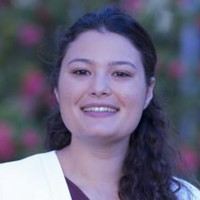
TERC

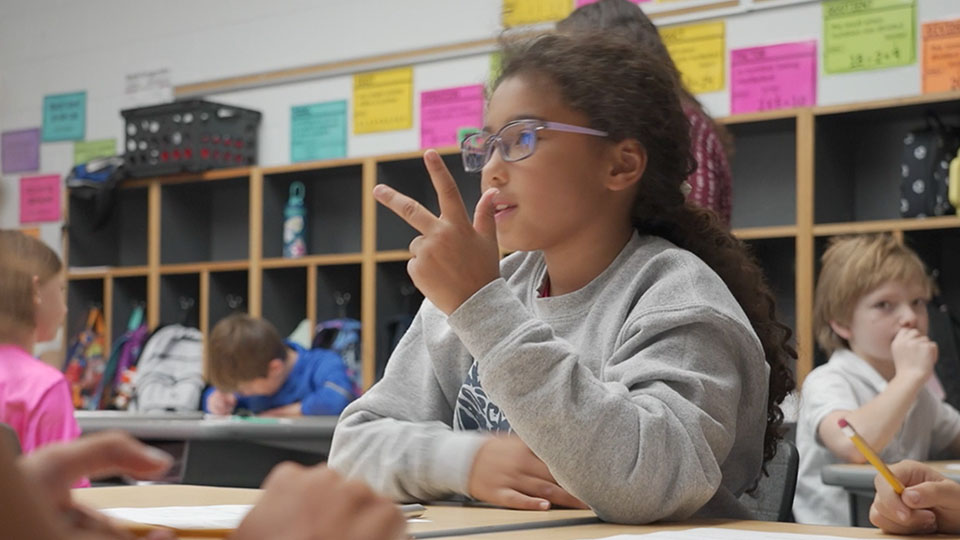
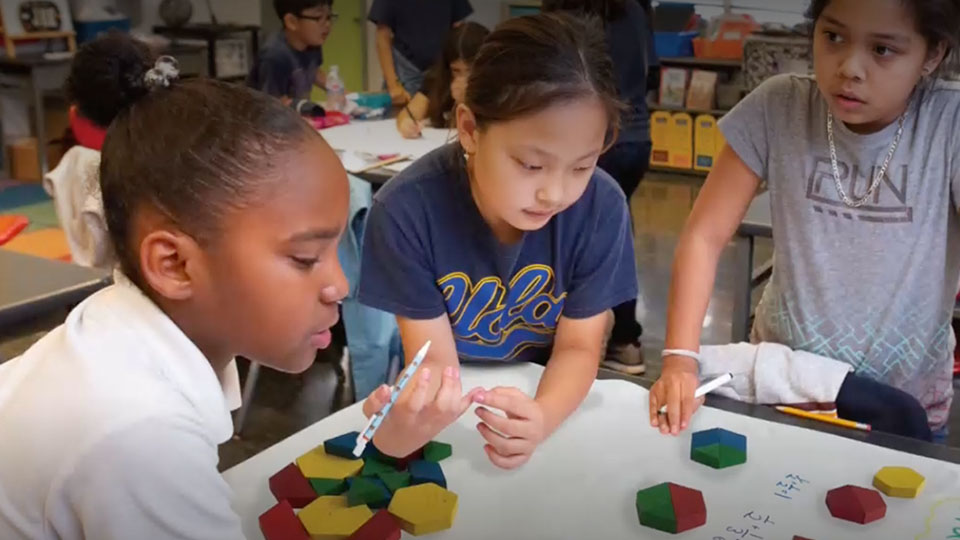
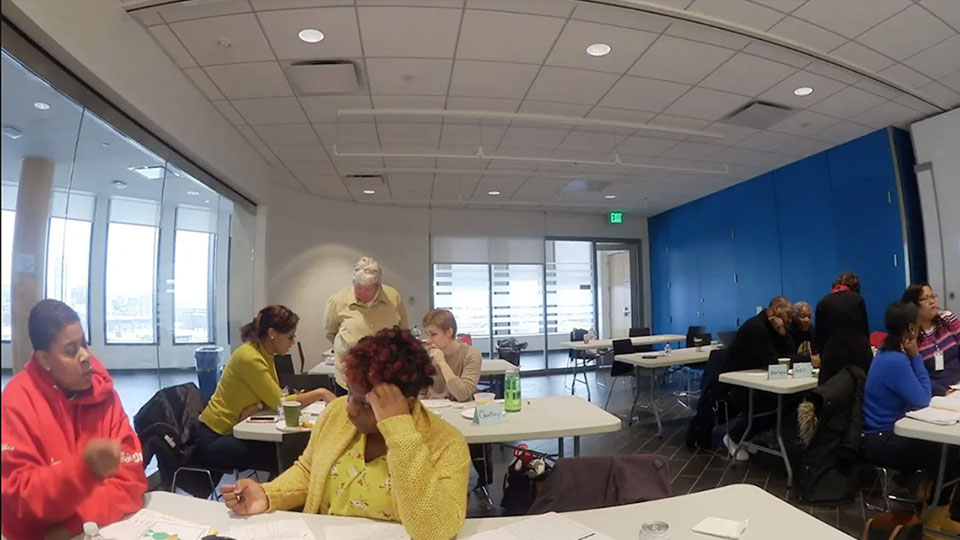
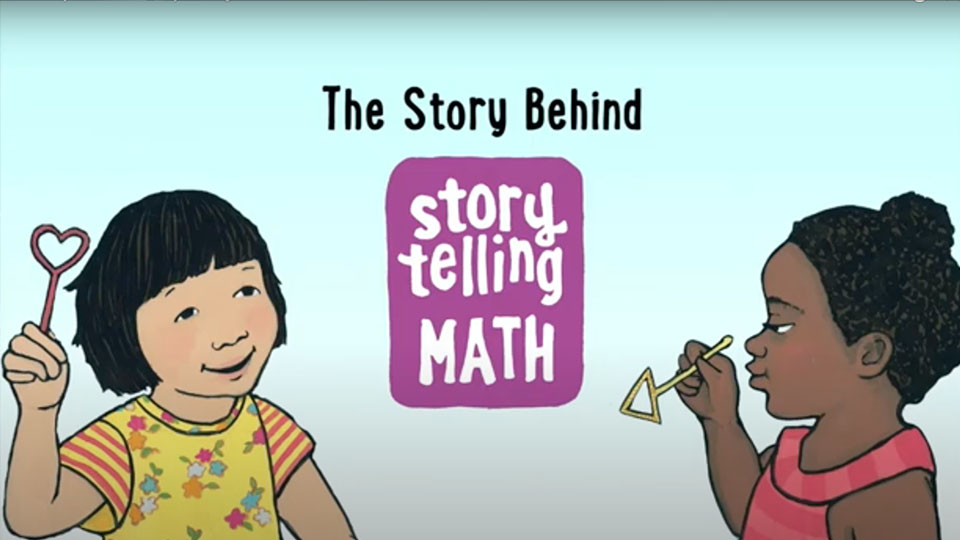
I’m also glad we are able to offer these materials with an open license to use and remix.